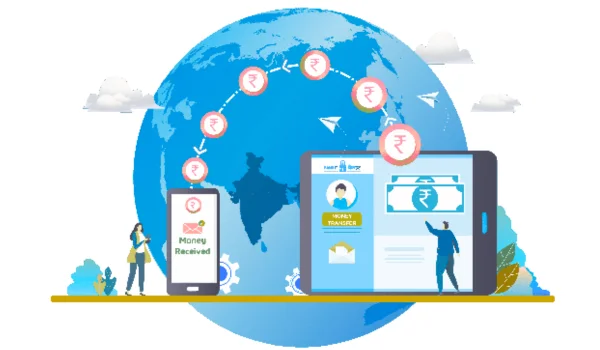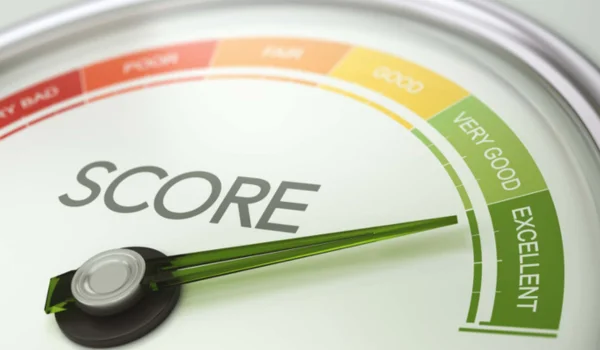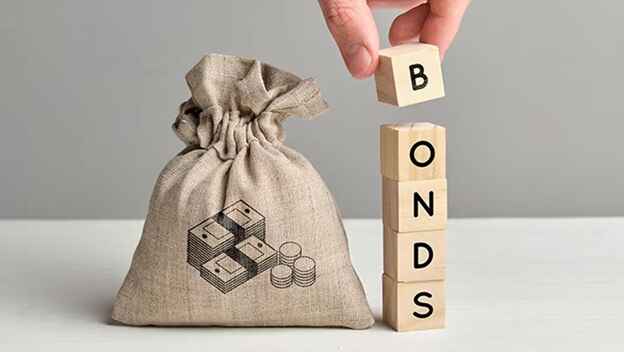When it comes to getting a loan, credit card, or even a buy-now-pay-later service in India, you’ll often hear two terms used frequently: Credit Score and CIBIL Score. Most people use these words interchangeably, but they’re not exactly the same.
In this article, we’ll break down the differences, bust common myths, and help you understand how both affect your financial life. Whether you’re applying for a personal loan, car loan, or home loan, this guide will simplify everything.
What Is a Credit Score?
Let’s start with the basics.
A Credit Score is a 3-digit number, typically ranging from 300 to 900, that represents your creditworthiness—or in simple terms, how likely you are to repay a loan on time.
Think of it as your financial report card.
Who Gives a Credit Score?
In India, four credit bureaus are authorized by the RBI to assign credit scores:
- TransUnion CIBIL (Credit Information Bureau India Limited)
- Equifax
- Experian
- CRIF High Mark
Each of these bureaus uses its own algorithm to calculate a score based on your credit history.
So, a credit score is a generic term, while CIBIL Score is one specific type of credit score.
What Is a CIBIL Score?
A CIBIL Score is simply the credit score given by TransUnion CIBIL, which is one of India’s leading credit bureaus.
It also ranges between 300 to 900, and is the most widely used score by banks and financial institutions in India.
Why Is the CIBIL Score So Popular?
- CIBIL was the first credit bureau in India, established in 2000.
- Over 90% of Indian lenders prefer checking CIBIL scores before approving loans or credit cards.
- It is considered the industry benchmark for creditworthiness in India.
Quick Summary: Credit Score vs. CIBIL Score

| Factor | Credit Score | CIBIL Score |
|---|---|---|
| Definition | Generic term for a credit rating given by any credit bureau | Credit score given by TransUnion CIBIL |
| Issued by | CIBIL, Equifax, Experian, CRIF High Mark | Only by CIBIL |
| Usage | Used across financial institutions | Most commonly used in India |
| Range | 300 to 900 (common across bureaus) | 300 to 900 |
| Uniqueness | Varies from bureau to bureau | Only one score from CIBIL |
| Report Includes | Credit summary, payment history, accounts | CIBIL Credit Information Report (CIR) |
Real-Life Example: Ravi’s Credit Confusion
Let’s take the example of Ravi, a 29-year-old software engineer from Pune. Ravi applied for a car loan at HDFC Bank, but his application was rejected.
Confused, he checked his credit score using a free credit report app, which showed a score of 770 from Experian. Then he checked his CIBIL score, which was only 680. That’s where he realized:
“Oh! I have different scores from different bureaus!”
Why? Because each credit bureau might have different data or scoring models depending on how quickly the lender reports information.
Why Do Credit Scores Differ Between Bureaus?
There are four main reasons why your scores differ:
1. Data Reporting Timelines
Some lenders report updates to CIBIL faster than to Experian or Equifax.
2. Scoring Models
Each bureau uses its own proprietary algorithm. For example, Experian may weigh credit utilization differently than CIBIL.
3. Incomplete Data
Not all lenders report to all bureaus. So, a loan you repaid on time might show up in one report and not the other.
4. Errors or Mismatches
Sometimes, incorrect PAN numbers or duplicate records can cause differences.
What Is a Good Credit/CIBIL Score?
| Score Range | Rating | What It Means |
|---|---|---|
| 750 – 900 | Excellent | High chance of loan approval, lower interest rates |
| 700 – 749 | Good | Eligible for loans, moderate interest |
| 650 – 699 | Fair | Possible approval but at higher interest |
| 550 – 649 | Poor | Likely rejection or harsh terms |
| Below 550 | Very Poor | High risk borrower |
How to Check Your CIBIL Score for Free?
Thanks to RBI’s mandate, every individual is entitled to one free CIBIL report per year.
How to Get It:
- Visit https://www.cibil.com
- Click on “Get Your Free CIBIL Score”
- Enter PAN card, DOB, email, and mobile number
- Verify OTP and download your score
Alternatively, you can use apps like:
- Paytm
- BankBazaar
- Paisabazaar
- MoneyTap
- OneScore
These platforms offer monthly updates for free, and also track Experian and CRIF scores.
How Are Credit/CIBIL Scores Calculated?
Here’s how CIBIL roughly calculates your score:
| Factor | Weightage |
|---|---|
| Repayment History | 35% |
| Credit Utilization (how much of your credit limit you use) | 30% |
| Credit Mix (secured vs unsecured loans) | 10% |
| Credit Enquiries (number of hard pulls) | 10% |
| Length of Credit History | 15% |
How CIBIL Score Affects Loan Eligibility
| CIBIL Score | Loan Eligibility | Interest Rate |
|---|---|---|
| 750+ | Very High | Low (8–12%) |
| 700–749 | High | Moderate (12–16%) |
| 650–699 | Average | High (16–22%) |
| <650 | Low | Very high or rejected (22–30% or more) |
Banks prefer applicants with CIBIL scores above 750 for quick loan processing and better deals.
Common Myths Busted
Myth 1: Checking your credit score lowers it.
👉 False. Checking your own score (soft enquiry) has no impact.
Myth 2: Closing old credit cards improves score.
👉 False. It may shorten your credit history, which can reduce your score.
Myth 3: A low income means a low credit score.
👉 False. Income isn’t a factor—your credit behavior is.
How to Improve Your Credit/CIBIL Score?
- Always pay EMIs and credit card dues on time.
- Keep credit utilization below 30% of your card limit.
- Avoid applying for multiple loans within a short time.
- Maintain a healthy credit mix (credit card + home/car loan).
- Regularly check your credit report and correct errors.
Final Thoughts: Credit Score vs CIBIL Score – Know the Difference
To sum it up:
- A credit score is like a category—like a car.
- A CIBIL score is a brand—like Maruti or Hyundai.
Both serve the same purpose: giving lenders an idea of your creditworthiness. But knowing the specific source of your score helps you understand it better, improve it smartly, and make informed financial decisions.
FAQs
Q. Can I have different scores from CIBIL and Experian?
Yes, it’s common. Each bureau uses different data and models.
Q. Is a CIBIL score necessary to get a loan?
Yes, most Indian banks check it before approving any loan or credit card.
Q. What if my CIBIL score is low?
Work on repayment, credit usage, and avoid new loan applications for 6 months.
Let us know in the comments:
📊 What is your current credit score and which bureau gave it?
💬 Want help improving it? Drop your score and we’ll share a personalized plan.




